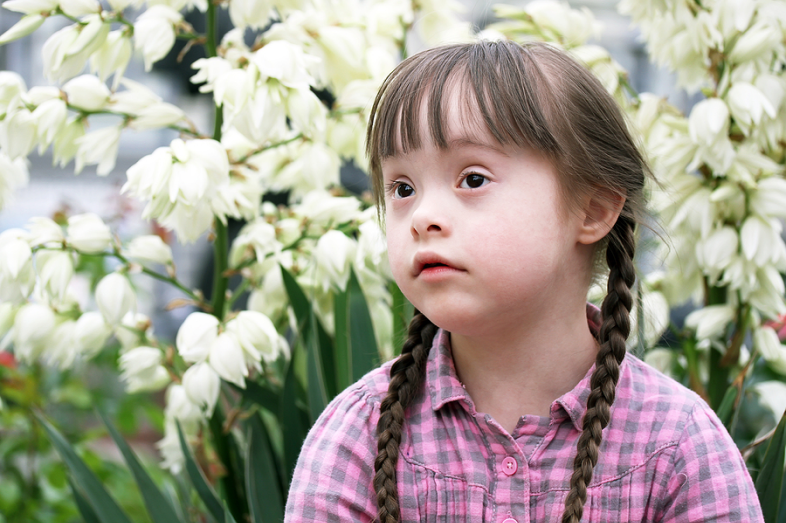
Special Education
Shrouded in legalese and confusing acronyms, special education can be a daunting topic to cover for even the most experienced education reporters.
Photo credit: DenysKuvaiev/Bigstock

Shrouded in legalese and confusing acronyms, special education can be a daunting topic to cover for even the most experienced education reporters.
Photo credit: DenysKuvaiev/Bigstock
Your post will be on the website shortly.
We will get back to you shortly